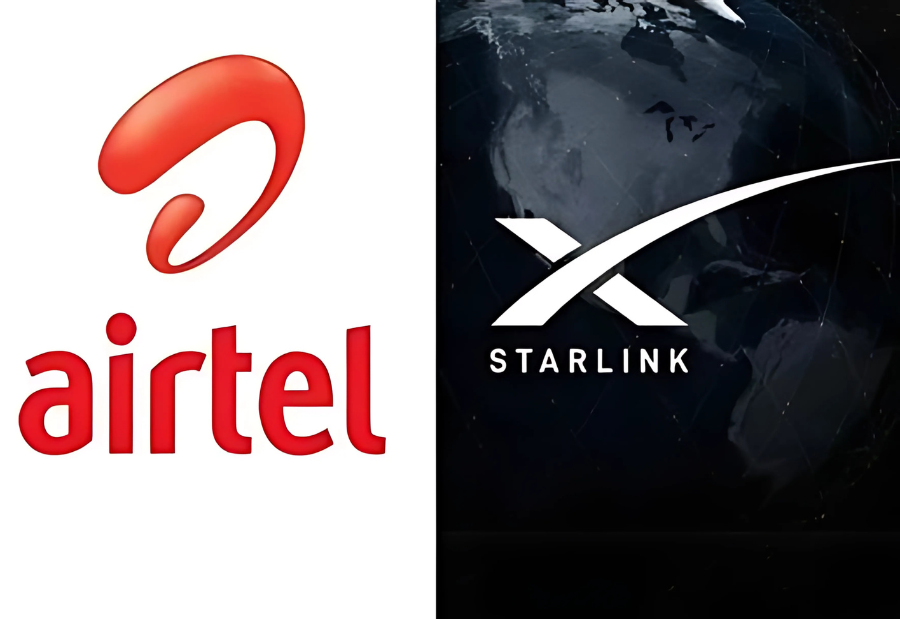Investments in India’s healthcare industry are booming; between 2022 and 2024, mergers, acquisitions, and private equity transactions will total more than $30 billion. According to a survey by consulting company Grant Thornton, hospitals made up about 40% of the deal value, demonstrating investor confidence in the industry’s long-term development potential.
According to the research, hospital investments increased by 24% year over year to reach almost $6 billion in 2024 alone. As hospital chains look for size and operational efficiency, an increasing trend of consolidation is reflected in the largest healthcare deal of the year, a $5 billion merger between Aster DM Healthcare and Quality Care India.
While single-specialty facilities like IVF, cancer, and nephrology clinics have drawn $1.4 billion in private equity capital over the last two years, multispecialty hospitals have maintained their appeal to investors.
The research also stated that healthcare continued to see a robust influx of foreign direct investment (FDI), with $3.2 billion coming into the industry between 2022 and 2024 thanks to 100% FDI approval under the automatic method. Temasek’s $2 billion investment in Manipal Health and BPEA EQT’s $656 million purchase of Indira IVF are two significant deals that demonstrate ongoing interest from abroad in India’s expanding healthcare sector.
The distribution of healthcare infrastructure remained unequal despite the increase in money. 70% of Indians live in rural regions, despite the fact that 60% of hospital beds are located in urban areas, the survey noted, underscoring a serious lack of access to high-quality healthcare. A major area of growth has been the expansion into Tier II and Tier III cities, and government-supported public-private partnerships (PPPs) are essential to closing this gap.
The healthcare scene in India is also changing as a result of technology. Rapid advancements in robotic surgery, AI diagnostics, and telemedicine platforms are boosting patient outcomes and hospital productivity. The analysis predicts that increasing expenditures in digital health solutions will propel the nation’s AI-driven healthcare industry to rise from $14.6 billion in 2023 to $102.7 billion by 2028. Over 300 million virtual consultations have already been made possible via the government-backed telemedicine portal e-Sanjeevani, expanding access to healthcare in underprivileged areas.
Investor interest remains high, with valuation multiples for hospitals ranging from 20x to 30x EBITDA. Investment decisions are influenced by important variables including revenue per bed, bed occupancy rates, and EBITDA margins. With a combined total of more than 350 healthcare transactions in recent years, the Bangalore, Delhi-NCR, and Mumbai areas have become investment hubs.
“India’s healthcare sector continues to attract strong investor interest, driven by its resilience, scalability, and growing demand for specialised care. Single-specialty platforms, in particular, have emerged as a key focus for investors due to their ability to deliver consistent growth, scalable operations, high ROCEs and targeted clinical outcomes. Investors prioritise models that efficiently deploy capital, generate robust returns on investment, and address unmet patient needs, especially in underserved markets. Platforms that combine clinical expertise, operational efficiency, and the ability to replicate success across multiple locations create an optimal balance of impact and profitability,” Vishal Bali, Executive Chairman, Asia Healthcare Holdings (AHH).
Despite the expansion, problems still exist. The survey noted that 40% of healthcare spending is still out of pocket, putting financial hardship on uninsured people, and that India has a shortage of 2.4 million hospital beds, especially in rural areas. Growth is still being slowed by regulatory obstacles, such as the difficult approval procedures for new hospitals and the adoption of new technologies.
Nonetheless, these issues are being addressed in part by strategic finance strategies, such as foreign capital inflows, asset-light investments, and healthcare bonds. With an emphasis on growing specialized care facilities, incorporating AI-driven solutions, and enhancing access in underserved regions, India’s healthcare industry is well-positioned for further growth as insurance coverage increases and policy support grows.
Also read: Viksit Workforce for a Viksit Bharat
Do Follow: The Mainstream formerly known as CIO News LinkedIn Account | The Mainstream formerly known as CIO News Facebook | The Mainstream formerly known as CIO News Youtube | The Mainstream formerly known as CIO News Twitter
About us:
The Mainstream formerly known as CIO News is a premier platform dedicated to delivering latest news, updates, and insights from the tech industry. With its strong foundation of intellectual property and thought leadership, the platform is well-positioned to stay ahead of the curve and lead conversations about how technology shapes our world. From its early days as CIO News to its rebranding as The Mainstream on November 28, 2024, it has been expanding its global reach, targeting key markets in the Middle East & Africa, ASEAN, the USA, and the UK. The Mainstream is a vision to put technology at the center of every conversation, inspiring professionals and organizations to embrace the future of tech.




